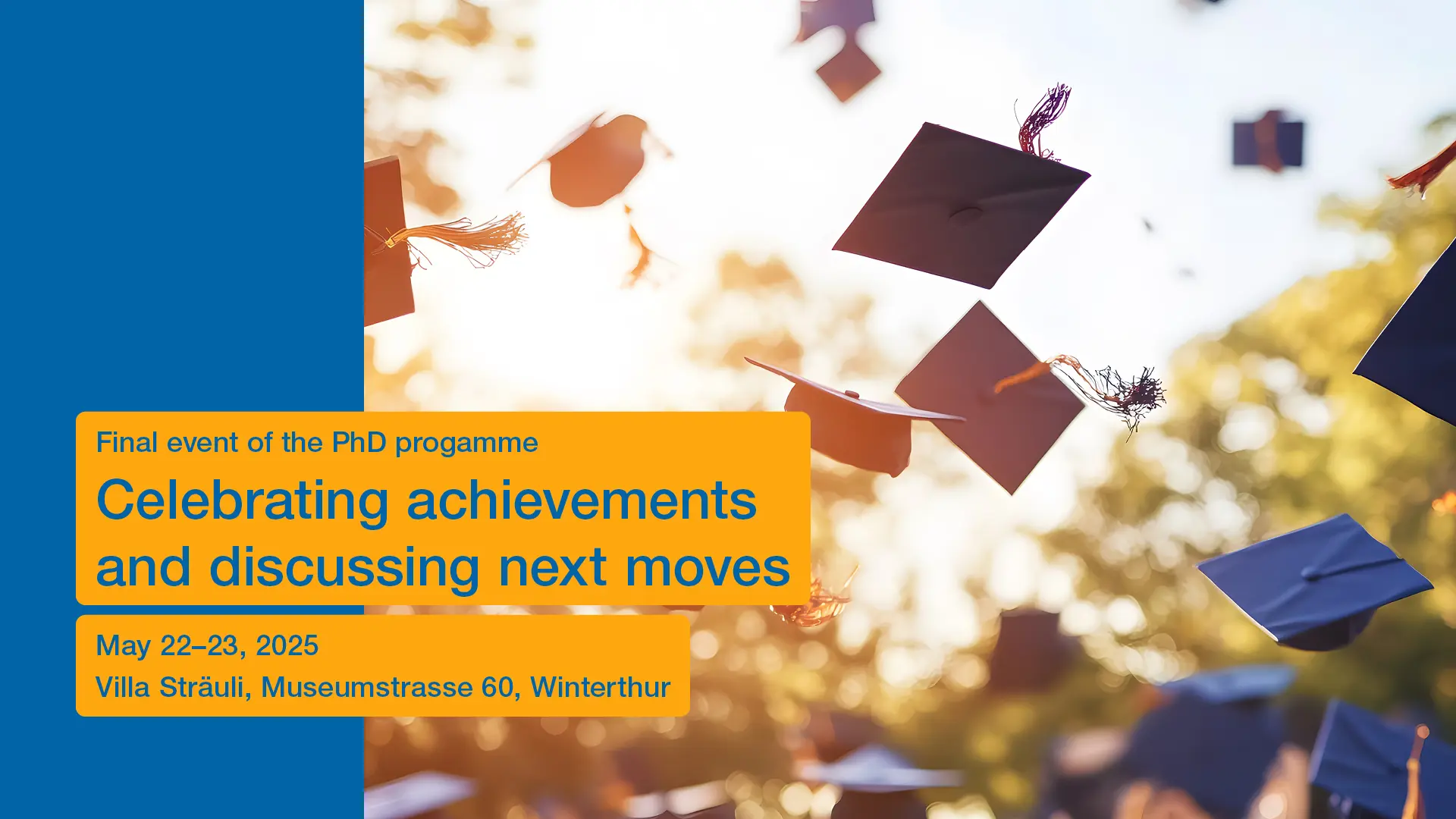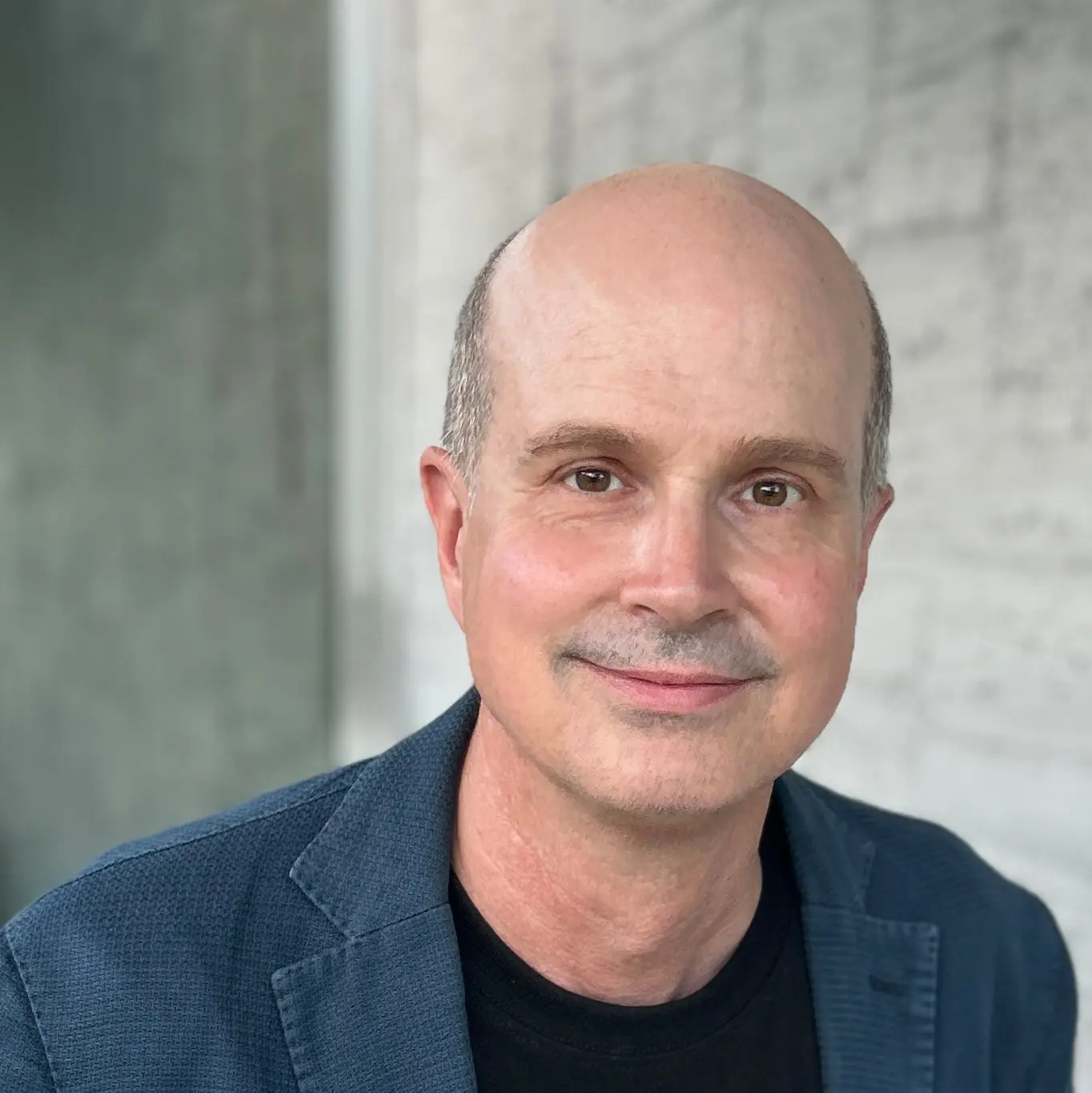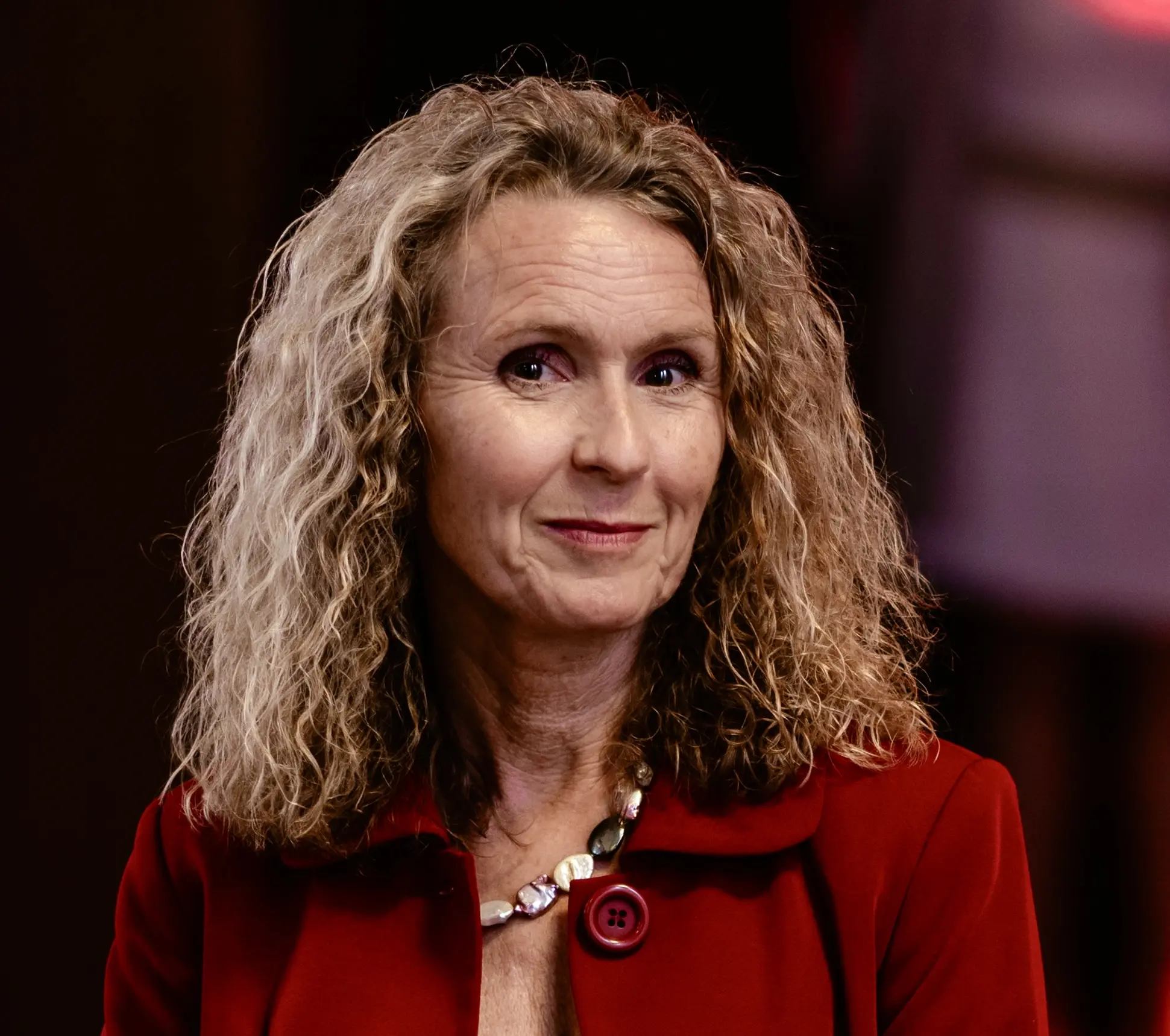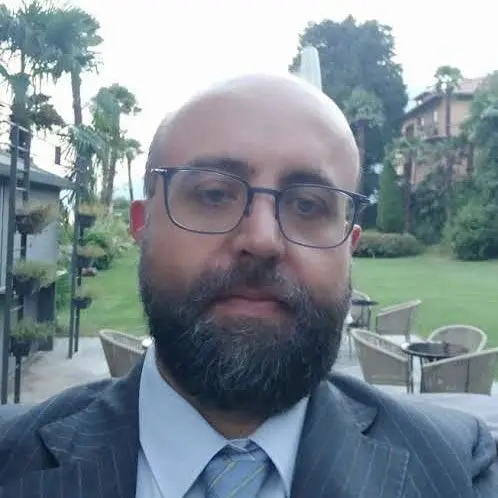Final event

Join us to celebrate the achievements of our participants and alumni in the PhD program on Managing Languages, Arguments and Narratives in the Datafied Society (LAND). This is a moment to share insights, exchange ideas for the future, and honor everyone who has contributed to the PhD program and our transdisciplinary community with a certificate.
Speakers:
- Carlo Torniai | Group Chief Data Analytics Officer, Angelini Industries
- Dr. Marius Born | Alumni, ZHAW
- Prof. Dr. Marlies Whitehouse | Alumni, ZHAW
- Prof. Dr. Andrea Rocci and Prof. Dr. Daniel Perrin | Co-Directors of the PhD program
With contributions from our PhD students.
To be continued
We are pleased to announce the continuation of our PhD program in a new format. With an innovative linguistic focus and an expanded network of cooperation partners—both long-standing and new—we are strengthening our commitment to applied linguistic research, interdisciplinarity and transdisciplinarity.
This new phase of our programme will offer opportunities for doctoral candidates employed at Zurich University of Applied Sciences to conduct innovative research and academic exchange. Stay tuned for further details on the updated program structure and partnerships.
Keynotes
A conversation on the need of "argumentation spaces" for sustainable data and AI-centric organizations
This session explores the fundamental yet often undervalued role of argumentation skills in data and AI-centric organizations. Argumentation has always been at the core of strategic decision-making and governance processes in organizations, whether formally recognized or not. As Generative AI technologies become increasingly embedded in strategic decision-making, the ability to critically identify issues, evaluate and articulate solutions, raise related questions and defend positions, emerges as an essential competency for organizational success.
In this session, we will examine how different AI types (predictive vs. generative) impact decision-making processes that underpin organizational strategy, highlighting a paradox: increasingly sophisticated data processing capabilities might lead to the dismissal of human critical thinking and argumentative dialogue rather than demanding their advancement.
We aim to foster collaboration between business practitioners and argumentation scholars to define, develop, and preserve vital "argumentative spaces" that might otherwise be considered obsolete due to technological advancement. The session will culminate in a facilitated brainstorming segment where participants, as argumentation experts, will contribute their knowledge on key theoretical and analytical concepts related to argumentation and on emerging research topics (such as computational argumentation and discussion in polylog).
The hope is that together we can start identifying potential avenues for applied research and practical approaches to address this problem space with its vast societal and organizational implications.

Carlo Torniai is a seasoned C-level leader with a rich background in data science, artificial intelligence, and digital transformation. With a Ph.D. in Informatics, Multimedia, and Telecommunication from Università degli Studi di Firenze, and an Executive MBA from London School of Economics, Carlo has propelled organizations into new technological eras through strategic innovation and robust leadership. Currently serving as the Global Chief Data Analytics Officer at Angelini Industries, he has played a pivotal role in integrating Generative AI technologies across the company’s global operations. Carlo’s career -which also includes a span of applied research in Machine Learning and Bioinformatics held at various institutions (such as University of Southern California, Oregon Health & Science University)- is marked by notable tenures at leading international firms, including Tesla, Pirelli and FIFA, where he led significant digital and data-driven initiatives. His innovative vision, combined with a deep understanding of data and AI, has consistently fostered technological advancements and driven business success. Carlo’s contributions to the field have been recognized globally, making him a respected leader and innovator in the technology and AI community.
Building Trust in Startup Communication: Connecting Heart and Mind Through Arguments and Stories
The formula of e → i, or “Emotion before Information,” might seem simple, but it’s transformative in mass communication. When we feel, we care—and only then does the mind truly open up to capturing new information. In a world overwhelmed with data, emotional connection is the key to capturing and holding attention. Yet, especially in business, we often rush to the facts, pushing information before connection, numbers before narrative. Imagine this: instead of diving straight into the data, what if we start with a story that resonates? What if we tap into curiosity, empathy, or excitement first? By leading with emotion, we create a space where information isn’t just heard but felt and remembered. But the true art lies in crafting narratives that touch the heart without sacrificing the mind. How do we create stories that captivate emotionally while staying grounded in logic and reason?
This question was at the heart of my PhD project. It explored how stories and structured arguments can interweave, particularly in scenarios where tangible evidence is limited, and trust must be established through plausible, credible communication. This approach is crucial for startup founders, who are often tasked with persuading investors of their vision without an extensive track record. Here, strategic communicative trust-building is paramount, and the cost of losing that trust is high. In my keynote I will talk about the case of the Nikola Corporation, an Arizona-based startup that entered the field of next-generation propulsion technologies. Their rapid rise and subsequent challenges underscore both the power and potential perils of narrative-driven communication in tech startups. And I will talk about how my research project has enriched my consulting work and how theory and practice can be mutually enriching.
Building Trust in Startup Communication: Exploring the Interplay of Arguments and Stories in the Case of the Nikola Corporation is available Open Access: https://link.springer.com/book/10.1007/978-3-031-63284-6

Marius Born is a media professional, academic, and personal coach with extensive experience in the television industry and communication strategy. He founded Born Media, specializing in visual storytelling and communication consulting. Previously, he held senior roles at the Swiss public broadcaster (SRF), including Editor-in-Chief of the business program ECO and Head of Documentaries, earning multiple awards for this work (e.g. Schweizer Fernsehpreis, Prix Walo, etc.). His work in journalism was complemented by his corporate experience at IBM’s headquarters in New York. Academically, he holds a Master’s degree in Business Administration and Organizational Psychology from the University of Zurich and a summa cum laude Ph.D. in Communication Sciences from Università della Svizzera italiana (USI). His research centers on trust formation through language in uncertain contexts. He lectures on visual storytelling and communication strategy at institutions like the Zurich University of Applied Sciences (ZHAW) and University of St. Gallen (HSG). His recent book, “Building Trust in Startup Communication”, explores startup communication dynamics using the Nikola Corporation as a case study.
Transdisciplinarity in Financial Communication. Writing for Target Readers
“Buy”, “hold”, or “sell” – these three words summarize the most frequent financial analysts’ recommendations to investors. And these three words are easy enough to understand: the investors are advised to buy, hold, or sell securities, i.e. stocks, bonds, or warrants. But do investors, and especially retail investors, understand the reasoning behind these recommendations?
This presentation identifies and analyses problems of text production in finance from three complementary perspectives and explains why solving these problems benefits theory, practice, and society at large. Thereby, it carries out a research project in transdisciplinary collaboration from the very first to the very last step and proposes evaluated and valid measures to improve writing in finance.
Transdisciplinarity in Financial Communication. Writing for Target Readers
https://link.springer.com/book/10.1007/978-3-031-29115-9

Marlies Whitehouse, PhD is a full professor of Applied Linguistics at Zurich University of Applied Sciences, Switzerland. She is an associate editor of the International Journal of Business Communication and of the Handbook of Applied Linguistics Series, as well as the chair of the finance committee of the Association for Business Communication.
Her research fields and foci include applied linguistics, transdisciplinarity, professional literacy, financial communication, text production, and writing in the professions. She has extensive experience as a writing and communication coach for national and international companies.
Back to the argumentation basics
As several of the PhD students of the LAND program draw near to completing dissertations where they present theoretically and methodologically sophisticated explorations of argumentation in different contexts of interaction of our datafied society, it is perhaps worth going back to the fundamentals and to the beginnings of the broad interdisciplinary research program on “argumentation in context” many of these theses, more or less explicitly, refer to. What is argumentation, after all? What have we learned about it? What makes our knowledge of it valuable and distinct from what more mainstream philosophers, logicians, psychologists, communication scholars or even mainstream linguists might (incidentally) say about it? I will approach these questions by going back to a unique paper published by Eddo Rigotti and Sara Greco in 2009, halfway between a foundational manifesto and a pedagogical introduction to the field. I will revisit a few now half-forgotten parts of that paper, such as the oddly named “fishbone model”, and I will reflect on the double valence of argumentation as “an object of interest” and as “a cultural resource”, highlighted in the paper. The hope is to stimulate a productive discussion with the participants, where a retrospective consideration of their thesis work nourishes a broad scope vision on the value of their intellectual pursuit for themselves and for society.
Reference:
Rigotti, E., & Greco Morasso, S. (2009). Argumentation as an Object of Interest and as a Social and Cultural Resource. In N. Muller Mirza & A.-N. Perret-Clermont (Eds.), Argumentation and Education (pp. 9–66). Springer US. https://doi.org/10.1007/978-0-387-98125-3_2

Andrea Rocci is a full professor of language sciences and deputy director of the Institute of Argumentation, Linguistics, and Semiotics. He co-directs the Master of European Studies in Investor Relations and Financial Communication (ESIR), a program offered by the Università della Svizzera italiana (USI) in collaboration with the Catholic University of Milan.
After graduating in literature, he studied at the University of Geneva (DES in Discourse Analysis) and at the Catholic University of Milan, where he obtained a Ph.D. in linguistic sciences.
He has published extensively in the fields of argumentation, pragmatics, semantics, and discourse analysis. He published a monograph on the relationship between the semantics of modal expressions and argumentation (Modality in Argumentation, Springer 2017) and is co-author (with Marcel Danesi) of a textbook on the contribution of linguistics to intercultural understanding (Global Linguistics, De Gruyter 2009). He co-edited, with Louis de Saussure, an encyclopedic volume on verbal communication (Verbal Communication, De Gruyter 2016). He has directed/is directing several projects on argumentation in the contexts of journalism, corporate communication, and financial communication funded by the Swiss National Science Foundation (SNSF).
On, for, and with practitioners – Fostering transdisciplinary PhD programs in times of science criticism
Fake news, conspiracy theories, and criticism toward science and academia challenge rational discourse and decision-making on societal levels. In academia, the humanities and social sciences tend to experience both harsh criticism and dwindling funding. Against this backdrop, systematically preparing next generations of scholars to mediate between the main discourses in sciences, professional fields outside academia, and society at large can both foster the scholars’ individual success and bolster the standing of science in everyday life. This contribution explains how – and to what effect – cooperations between Swiss universities have woven this rationale into a series of PhD programs in Applied Linguistics.

Daniel Perrin is Professor of Applied Linguistics, Dean at the Zurich University of Applied Sciences, Past President of the International Association of Applied Linguistics AILA, Board Member of the Swiss Academy of Social Sciences and Humanities, as well as Editor of the de Gruyter Handbook of Applied Linguistics series. His areas of research include media linguistics, methodology of applied linguistics, text production research, and analysis of language use in professional communication. Perrin worked as a journalist and writing coach before his academic career and is still engaged in training and coaching media and communication professionals.